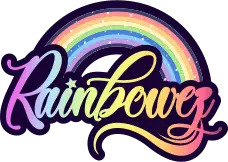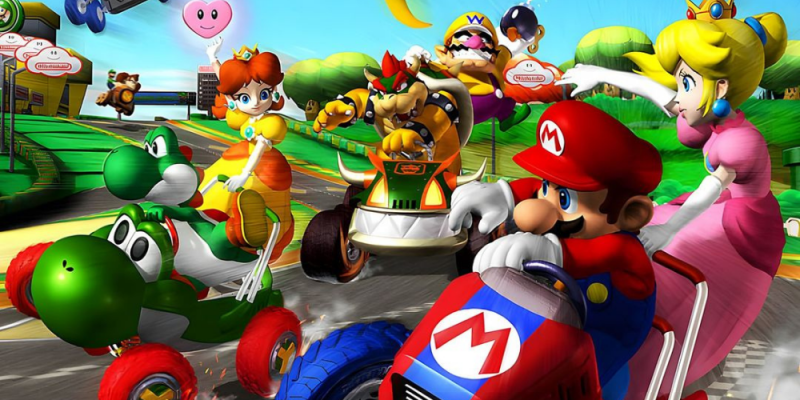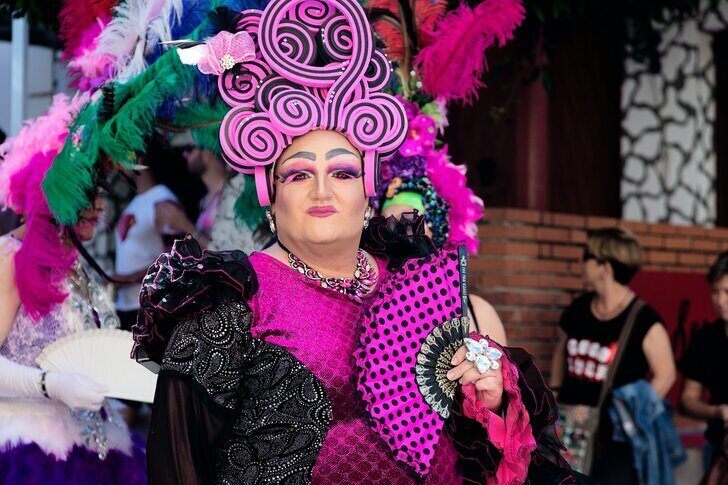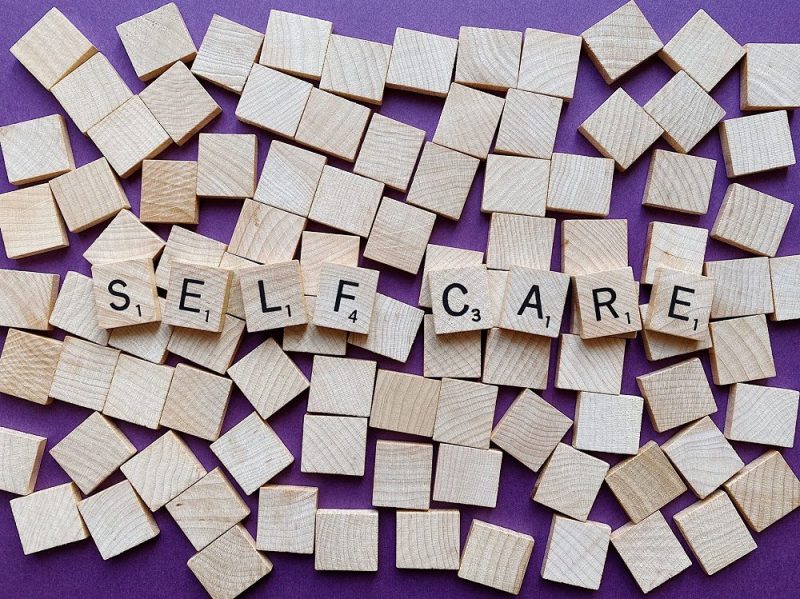The Influence of Pop Culture on "Mario Kart"
"Mario Kart," since its start, has become a cultural phenomenon. This game, loved by millions, has transcended its original purpose of entertainment, becoming a canvas for fans to project their thoughts, ideas, and identities. The game’s characters, from Mario to Yoshi, have been analyzed and reinterpreted through various lenses, including LGBTQ+ perspectives.
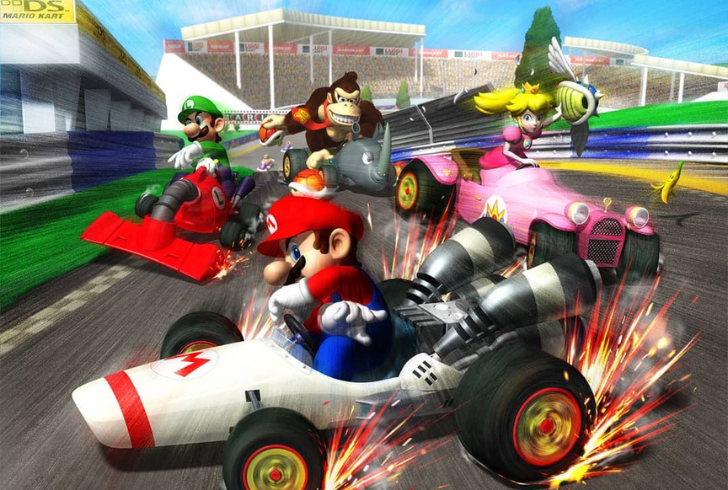
Instagram | voltex.west | "Mario Kart" has evolved from a game to a pop culture icon, inspiring diverse fan interpretations and discussions.
This phenomenon is not unique to "Mario Kart." Across popular media, fans often speculate about the identities and orientations of their favorite characters, particularly when those characters lack defined backstories. For example, characters from franchises like "Harry Potter" and "Star Wars" have undergone similar examinations by their respective fandoms. This practice speaks to a broader desire for representation and inclusivity in media.
The Internet's Role in Shaping Character Perception
Online discussions and fan theories play a significant role in how "Mario Kart" characters are perceived in terms of sexual orientation. Websites and social media platforms have become the breeding ground for such theories, with users debating and sharing their views on the characters’ potential queerness. These debates are often light-hearted, reflecting both a playful engagement with the game and a deeper desire to see oneself represented in the media they consume.
For example, a humorous article ranked "Mario Kart" characters by their perceived queerness, offering a satirical yet affectionate take on the game's roster. This piece, while humorous, reflects a genuine wish among fans to see diverse sexual orientations represented, even in a game as seemingly straightforward as "Mario Kart."
Representation and the Impact on Players
The discussion of whether there are gay characters in "Mario Kart" goes beyond mere speculation—it taps into a broader conversation about the importance of representation in media. Characters, whether in video games, movies, or books, have the power to influence how players see themselves and the world around them. In a gaming landscape that has historically lacked LGBTQ+ representation, fan interpretations can be seen as a way to fill this gap.
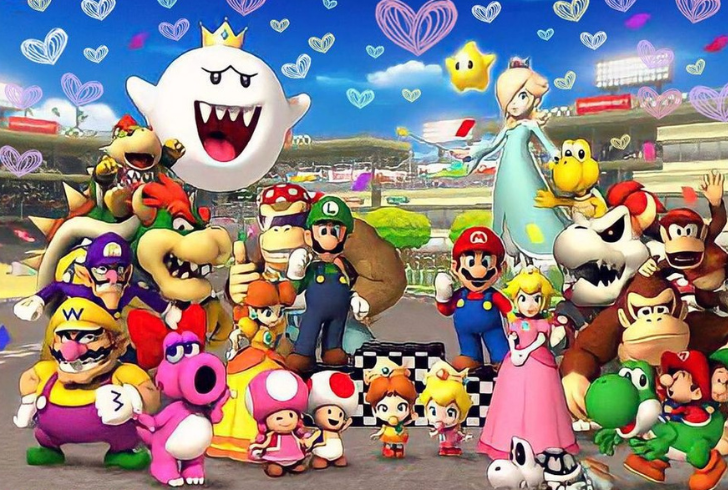
Instagram | wickedwario | The discussion about "Mario Kart" characters’ sexual orientations underscores the need for diverse representation in gaming.
Representation in video games is not just about ticking boxes; it’s about providing players with characters they can relate to and see themselves in. Even if "Mario Kart" doesn’t explicitly state the sexual orientations of its characters, the fact that fans are discussing these possibilities speaks volumes about the need for diverse characters in all forms of media.
The Broader Implications of LGBTQ+ Representation in Gaming
The conversation around gay characters in "Mario Kart" is part of a larger dialogue about LGBTQ+ representation in the gaming industry. Historically, video games have been slow to incorporate LGBTQ+ characters and storylines, often relegating them to minor roles or stereotypical portrayals. But, the landscape is slowly changing, with more games embracing diverse narratives and characters that reflect the realities of their players.
The importance of this shift cannot be overstated. For many players, seeing LGBTQ+ characters in games can be validating and empowering, offering a sense of belonging in a community that has often felt excluded from mainstream media. While "Mario Kart" may not be at the forefront of this movement, the fan-driven discussions around its characters highlight the growing demand for representation in all areas of gaming.
The Future of LGBTQ+ Representation in "Mario Kart" and Beyond
While the question of whether there are gay characters in "Mario Kart" remains unanswered by Nintendo, the discussion itself is telling of the direction that fans and the gaming community hope to see the industry take. As the demand for diverse representation grows, it’s possible that future iterations of games like "Mario Kart" will be more explicit in their inclusion of LGBTQ+ characters.
Whether there are gay characters in "Mario Kart" may be less important than the broader conversation it sparks. This discussion reflects a desire for inclusivity, representation, and authenticity in the media that players engage with. As gaming continues to evolve, the hope is that these conversations will lead to more diverse and inclusive games, where everyone can see themselves reflected, even in a whimsical kart race.
